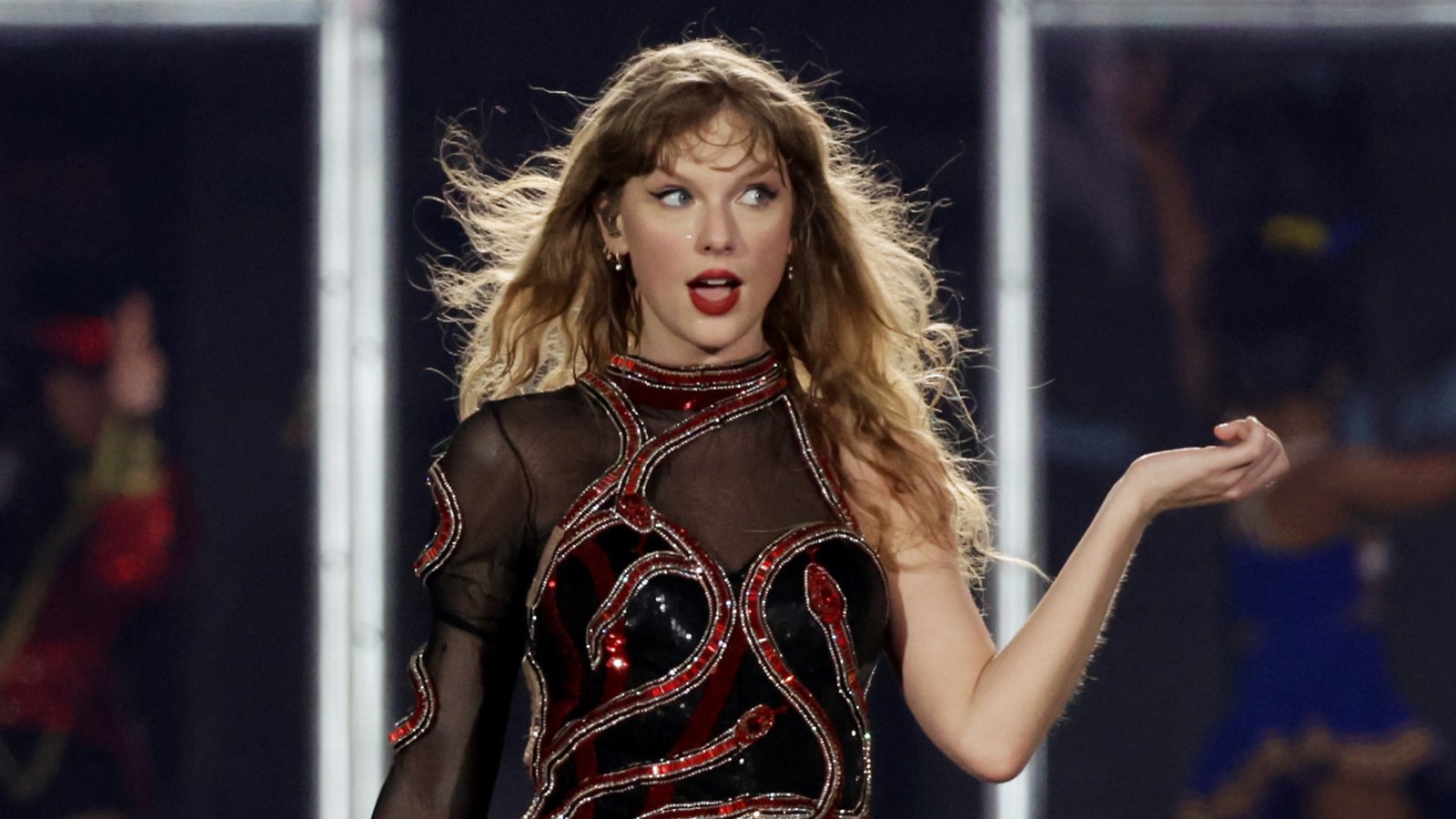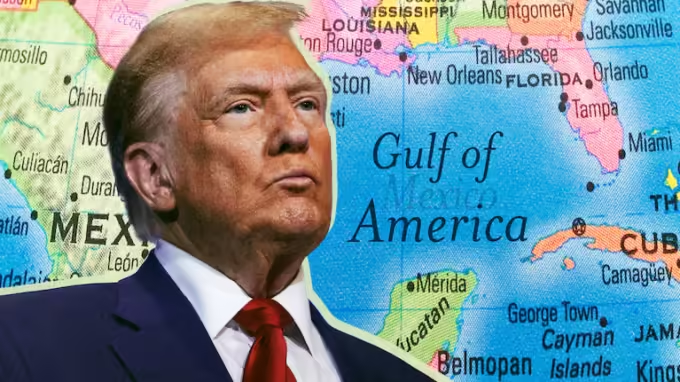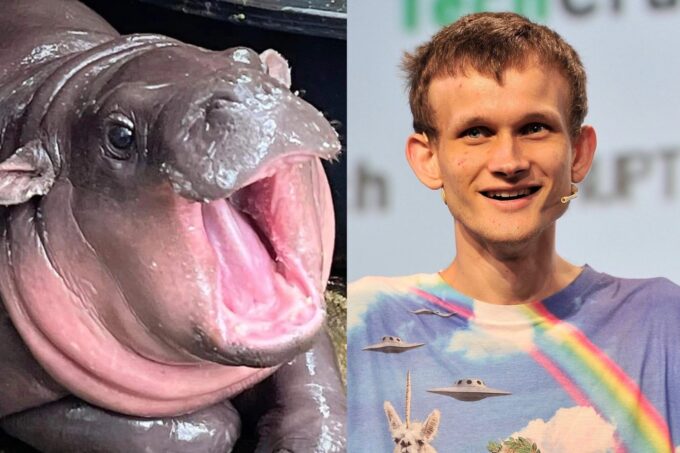In a candid interview with Vanity Fair, Academy Award-winning actress Natalie Portman has ignited a thought-provoking discussion about the state of cinema. Portman, known for her versatile roles in films like Black Swan, V for Vendetta, and The Phantom Menace, expressed her views on the changing landscape of entertainment.
The Decline of Film
Portman’s assertion is clear: film as a primary form of entertainment is in decline. She reflects on how the industry has shifted, particularly among younger audiences. “The striking thing has been the decline of film,” Portman states. “It feels much more niche now.”
Indeed, the allure of traditional cinema seems to be waning. The rise of streaming platforms, binge-worthy series, and the democratization of content creation has altered the entertainment landscape. Portman points out that if you ask today’s youth about movie stars, they’re more likely to recognize YouTube personalities than Hollywood icons. The digital age has ushered in a new era where YouTubers command immense influence and fame.
The Liberation of Niche Art
Yet, Portman doesn’t view this shift solely as a negative. She finds a certain liberation in the decline of mainstream cinema. “There’s a liberation to it, in having your art not be a popular art,” she explains. “You can really explore what’s interesting to you. It becomes much more about passion than about commerce.”
This shift allows artists to delve into unconventional narratives, experiment with form, and create work that resonates deeply with their own artistic sensibilities. Portman emphasizes the importance of avoiding elitism while celebrating niche art forms. “Who are we making this for anymore?” she asks, urging filmmakers to consider their audience beyond box office numbers.
The Two-Sided Coin
Hollywood, according to Portman, now exists as a “two-sided coin.” On one side, established stars continue to shine, but on the other, a new breed of talent emerges. “Incredible talents” who might have remained undiscovered in the past now have the freedom to create and find their audience. The democratization of creativity, fueled by the internet, ensures that anyone with an internet connection can access a wealth of content.
“It’s pretty wild,” Portman muses, “that you also feel like at the same time, more people than ever might see your weird art film because of this extraordinary access. So it’s this two-sided coin.”
The Future of Cinema
As we navigate this evolving landscape, Portman’s insights serve as a compass. Cinema may be transforming, but its essence remains intact. Whether on the silver screen or a YouTube channel, storytelling endures. Perhaps the decline of film as we knew it is an invitation to explore uncharted territories, to celebrate diversity, and to embrace the unexpected.
In the end, as Natalie Portman reminds us, “Passion drives art, not just commerce.”














